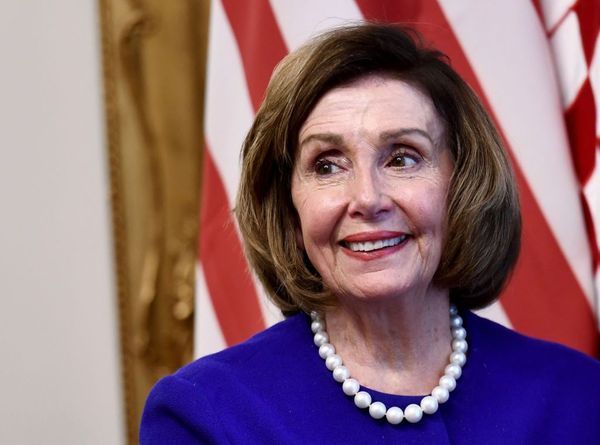
London (AFP) - Britain's government on Wednesday rejected union pay demands after ambulance workers joined nurses in voting to go on strike.
"Our economic circumstances mean unions' demands are not affordable," Health Secretary Steve Barclay said, after the Unison and GMB unions confirmed the ambulance service faced its biggest strike in 30 years.
Paramedics, ambulance technicians and emergency call handlers will walk out for 24 hours before Christmas, Unison announced late Tuesday after its members held a strike ballot.
The strike will affect London and four other regions of England as the ambulance service joins nurses across most of Britain in striking over government pay offers, which fall well short of double-digit inflation.
The Royal College of Nursing is holding the first strike in its 106-year history on December 15 and 20.
Unison general secretary Christina McAnea said it was a "tough call" for ambulance workers to strike too.
"But thousands of ambulance staff and their NHS (National Health Service) colleagues know delays won't lessen, nor waiting times reduce, until the government acts on wages," she said.
The nurses' strike will be sandwiched between the first of a series of two-day walkouts by national railway workers, while postal service employees will stage fresh stoppages in the run-up to Christmas.
The GMB union meanwhile on Wednesday said its members working in the ambulance service had also voted to strike across nine regions.
The union will meet in the coming days to discuss potential strike dates before Christmas.
"Ambulance workers –- like other NHS workers –- are on their knees," said Rachel Harrison, GMB national secretary.
"No one in the NHS takes strike action lightly -– today shows just how desperate they are," she added.
Numerous other public and private sector staff, from lawyers to airport ground personnel, have also held strikes this year as Britain contends with its worst cost-of-living crisis in generations.







